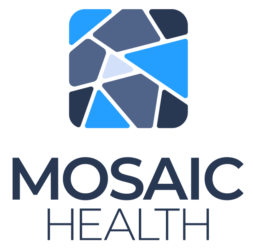An Important Hurricane Checklist for Your Health
We all know how to prepare our homes for hurricane season, but what about our health? Being medically prepared when a hurricane or tropical storm approaches could save your life. Millennium Physician Group Family Medicine Physician Eilene Weibley, MD, says medical preparedness is often overlooked when hurricanes are on the horizon.
“During a hurricane, things move rather quickly. You don’t know when they’re going to change the warnings, when you might have to evacuate,” she says.
The Atlantic hurricane season runs June 1 through November 30. So, now is the perfect time to take steps to protect yourself and your family. The most important thing you can do as hurricane season approaches is to get yourself, your family and your home prepared. Dr. Weibley shares her medical checklist:
“The most important thing is, if you don’t have a primary-care doctor make sure you have a primary-care doctor,” she advises. “And make sure you have their contact information on you ready to go so you don’t have to search for it.
“The second thing would be making sure that you have a current list of your medication,” Dr. Weibley adds. “So everyone seems to have an idea of what they think they might take, but actually taking the time to sit down and make a list of your medications, not just the names, but the doses and the frequencies of how often you’re taking them.
“Third, make sure that you have at least a two-week supply of your medications. That’s why it’s important to have a primary care physician so that if you do need a refill, you can call in right before a storm.
Some states have emergency prescription refill laws that authorize pharmacies and pharmacists to dispense early refills of certain medications when under an emergency declaration. The Centers for Disease Control (CDC) keeps a current list of state-by-state emergency prescription refill laws.
“I would say the last thing would be to make sure we think about the non-medication, but medical devices. For example, if you’re a diabetic, making sure that you have your lancets, your test strips, your glucometer. Make sure that’s all packed and ready to go so that you can continue to take care of your health and monitor your blood sugar.”
In addition to Dr. Weibley’s checklist, it’s recommended you assemble a first aid kit for your home and one for each car. The first aid kit should include:
- adhesive bandages
- sterile dressing
- gauze bandage
- gauze pads.
- germicidal hand wipes or waterless alcohol-based hand sanitizer
- antiseptic wipes.
- medical grade non-latex gloves.
- Adhesive tape
- Anti-bacterial ointment
- Cold pack
- Scissors
- Tweezers
When a storm threatens, preparing to manage chronic conditions and care for the medical needs of you and your family can help you stay healthy and even keep you out of the hospital.




